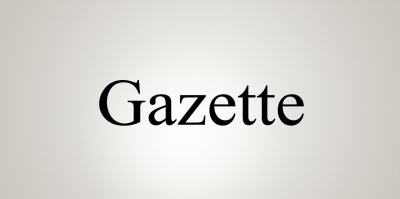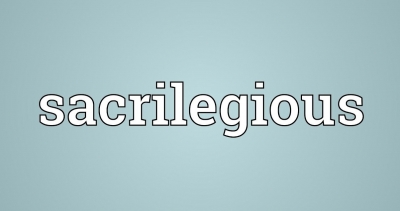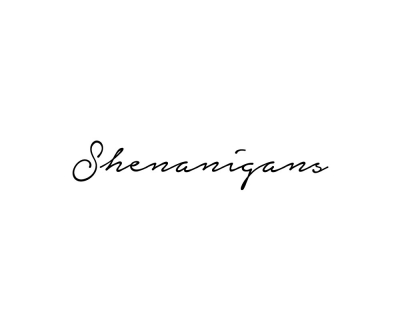What are the meaning, origin and usage of the word stolid?

Stolid
Meaning:
Stolid means calm, dependable, stoic or not showing any emotion. It is used as an adjective.
Origin:
Stolid is derived from the Latin stolidus meaning dull or stupid. Its earliest usage dates back to the early 17th Century when it was used to describe someone considered stupid or not showing any emotions. However by the 19th Century, the term came to be frequently used to mean dependable and stoic, without the connotation of foolishness and it continues to remain so to this day.
Example sentences:
She remained stolid throughout the trial. My father's stolid appearance reflected his no-nonsense approach.
Picture Credit : Google



 ?
?




